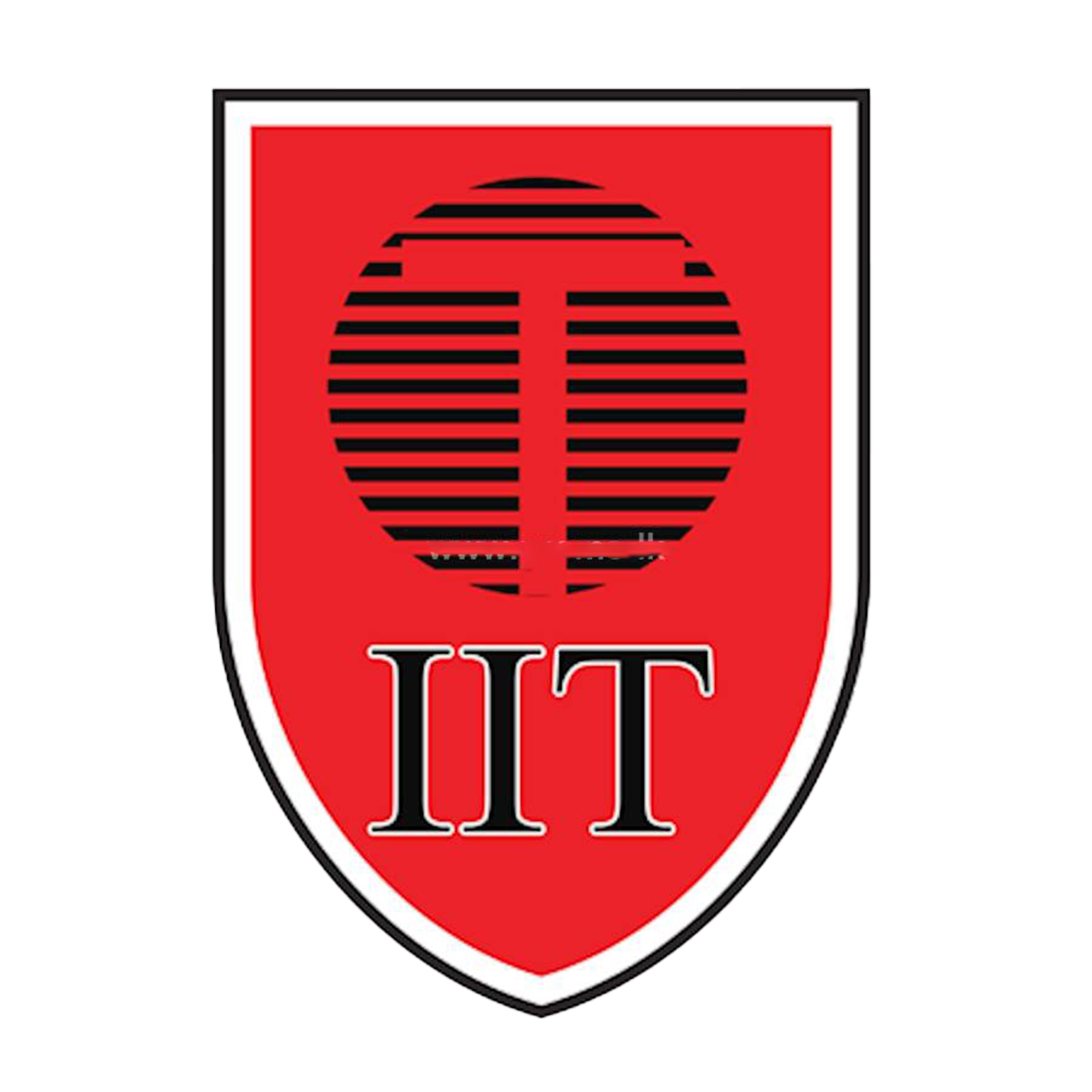
Professional Certificate in Software Quality Assurance – Foundation Level
Requirements:
-
Description:
Why Software Quality Assurance?
In a fast-paced digital landscape, quality is non-negotiable. Software Quality Assurance is the linchpin for ensuring that every line of code meets the highest standards, from functionality and performance to security and user experience. Join us to become the guardian of software excellence.
This professional certificate will provide candidates with the knowledge and practical skills by diving into industry best practices, test planning, execution, and automation techniques. necessary to perform in the corporate space.
Course Details
SQA professionals are sought after in diverse industries due to the growing emphasis on high-quality software. This demand ensures career stability, offering job security in the continuously evolving IT industry.
Course Outline
1. Introduction to Software Quality Assurance
2. Testing Techniques
3. Testing Through the Software Development Life Cycle
4. Agile Software Testing
5. Test Planning and Management
6. Defect Management
7. API Testing – Introduction
8. Introduction to Test Automation
9. Test Automation with Selenium WebDriver Tool
10. Introduction to Behavior Driven Development (BDD)
11. Introduction to Performance Testing
12. Introduction to Security Testing
Learning Outcomes
ILO1: Understanding Quality Concepts: Learn the fundamentals of software quality,
including definitions, principles, and metrics used to assess it.
ILO2: Understanding Testing Techniques: Familiarise yourself with various testing
methodologies such as black-box testing, white-box testing, unit testing, integration
testing, system testing, and acceptance testing.
ILO3: Understanding Software testing life cycle: Understand testing activities based
on Waterfall and Agile Scrum methodologies.
ILO4: Understanding Test Planning and Management: Learn how to create test plans,
execute tests, prepare metrics based QA reports and manage QA risks, test
environments, test data.
ILO5: Understanding Defect Tracking and Reporting: Understand how to identify,
track, and report defects discovered during testing, and learn best practices for
defect management.
ILO6: Understanding API Testing Techniques: Understanding API Testing concepts,
techniques, Environment setups, Test execution, Reporting.
ILO7: Understanding the Test Automation: Learn about fundamentals of test
automation, test automation tools/ frameworks, test script development, execution
and reporting.
ILO8: Understanding the Behavior Driven Development (BDD) and Testing:
Understanding BDD, Gherkin Syntax, tools and scripting.
ILO9: Understanding the Performance Testing: Understanding performance testing
and its objectives. Explore common performance testing techniques (load testing,
stress testing, etc.). Learn about popular performance testing tool (e.g., JMeter) and
scripting techniques. Learn how to plan and execute performance tests. Analyse test
results and identify performance bottlenecks.
ILO10: Understanding the Security Testing: Define security testing and its importance.
Understand common security vulnerabilities and threats. Explore common securitytesting techniques (penetration testing, vulnerability scanning, etc.). Learn about
popular security testing tools (e.g., OWASP ZAP, Burp Suite). Learn how to plan and
execute security tests. Analyze test results and identify security vulnerabilities.
To Whom?
Anyone who needs basic understanding or demonstrate practical knowledge of the fundamental concepts of software testing including people in roles such as testers, test analysts, test engineers, user acceptance testers, project managers, business analysts and software developers.
fresh graduates and students after A/L are encouraged
Method Of Delivery
Instructor led classroom training
How to Apply?
For further details, please contact
IIT Professional Development Unit
0770 566 577 | pdu@iit.ac.lk
Address : 57, Ramakrishna Road, Colombo 06, Sri Lanka.
Phone : 766760760
Email : info@iit.ac.lk
Website : https://www.iit.ac.lk
Available:
Informatics Institute of Technology
-
Stream: Vendors Certifications
-
Level: Professional Certifications